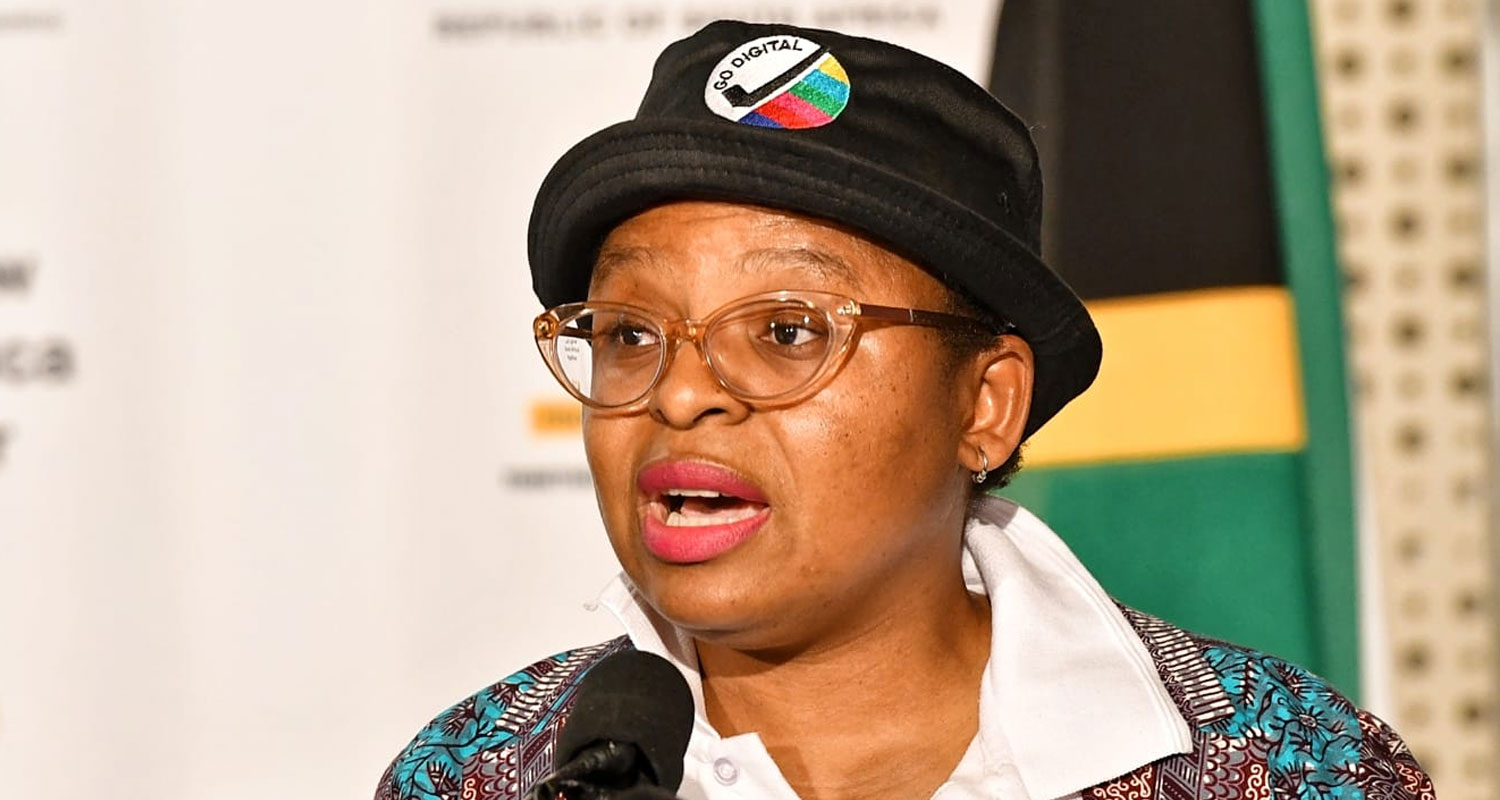
Government is intent on going ahead with the switch-off of analogue television broadcasting (ASO) at the end of March 2023, according to the outgoing communications minister Khumbudzo Ntshavheni, despite the very real threat it poses to free-to-air TV broadcasters. This is because there are simply not enough TV viewers on the digital terrestrial transmission (DTT) platform to make it sustainable.
Ntshavheni has chosen to disregard submissions made to her by Cape Town TV and other affected parties in January 2023 concerning solutions which would keep some analogue transmissions on air in the major metropolitan areas while still freeing up frequencies for mobile operators.
The constitutional count required the minister to engage with “affected parties” before determining the ASO date. This includes consulting with free-to-air broadcasters and civil society organisations such as the SoS campaign, Media Monitoring Africa and the SaveFreeTV coalition.
Her idea of consultation was to request submissions on the ASO date that she has set and then to send a response saying that she doesn’t agree with anything we said and that she is going ahead with the gazetted date of 31 March. A basic reading of the Promotion of Administrative Justice Act makes it clear that this kind of dismissive interaction does not constitute meaningful consultation.
What no one is talking about, including Nsthavheni herself, is that a compromise solution has already been mooted in communications regulator Icasa’s Joint Spectrum Advisory Group (JSAG), which includes Sentech, Icasa and free-to-air broadcasters.
JSAG has been working on migrating broadcast transmissions to frequencies under the 694MHz range to free up the frequencies in the 700MHz and 800MHz ranges for mobile operators.
‘Devastating impact’
The minister cites the 2015 International Telecommunication Union deadline to switch off all analogue TV broadcasting, which South Africa failed to do at the time. What she is not telling you is that most countries in Africa are still broadcasting on analogue for similar reasons — so that argument does not stand up to scrutiny.
The SABC, e.tv, community TV and civil society watchdogs SOS and Media Monitoring Africa are all in agreement that a hard switch-off will have a devastating impact on public interest, free-to-air TV, which stands to lose 50-70 % of its viewers if the ASO goes ahead as currently scheduled.
While Ntshavheni likes to focus media attention on her obligation to roll out 1.5 million set top boxes to indigent households, she ignores the “missing middle”, including the vast majority of South Africans who earn over R3 500/month and who don’t qualify for subsidised decoders.
These people will be forced to subscribe to pay-TV platforms such as DStv or free satellite TV platforms such as eMedia’s Openview, which does not include community TV channels. Alternatively, they will have to buy a new digital TV with a built-in tuner which starts at about R4 000. Government’s failure to impose a ban on the import of analogue TVs, which they should have done years ago, has meant that South Africa has become a global dumping ground for old technology.

With the rising costs of energy, food and other basic necessities, we are concerned that most South Africans will not be able to afford to migrate. A phased switch-off will be less disruptive and allow broadcasters to do more effective communication, thereby allowing viewers to migrate over a longer period of time.
The Communication and Awareness Campaign sponsored by the department of communications & digital technologies was rushed, was solely focused on indigent households, contained negative messaging relating to the switch-off, and failed to motivate and incentivise people to want what DTT has to offer.
Meanwhile, free-to-air broadcasters are getting the jitters that ASO could spell the end of public service TV in South Africa, which will remove a hard-won cornerstone of democracy.
Read: Minister under fire as analogue TV switch-off looms
Cape Town TV stands to lose up to 60% of its viewers, potentially reducing its audience from two million to less than a million. Given that commercial income accounts for 60% of the station’s revenue, this would be a devastating blow.
Read: Minister’s digital migration move leaves SABC in lurch (paywall)
Nevertheless, the removal of Ntshavheni as minister of communications offers a glimmer of hope that the new minister, Mondli Gungubele, will listen to what affected parties are saying, look out for the interests of the South African public, and protect public interest television in South Africa.
- The author, Karen Thorne, is station manager at Cape Town TV

